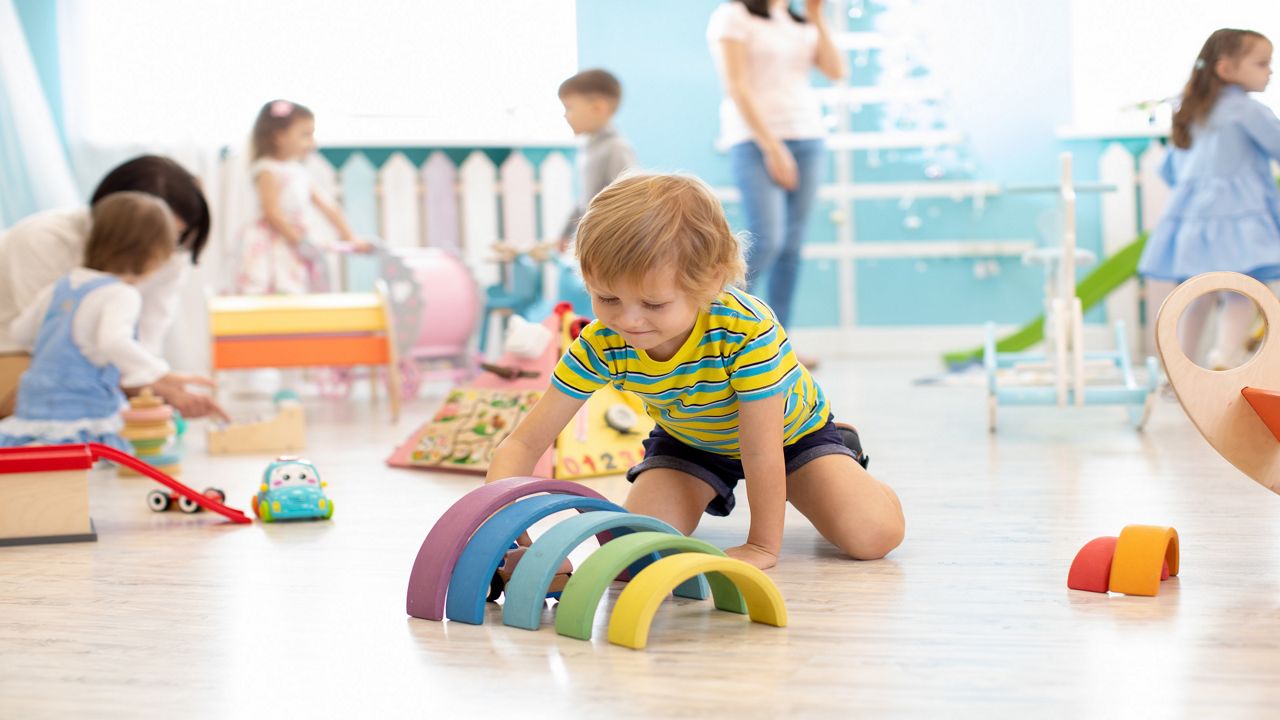WISCONSIN — Blood lead tests are now recommended for all children in Wisconsin, the Wisconsin Department of Health Services announced Thursday.
DHS said children ages 1 and 2, and those ages 3-5 who have not been previously tested, are encouraged to get a test. That means all children should get at least two tests by age 2. In the City of Milwaukee, children under 6 require additional testing.
The new DHS recommendation aligns with the federal Medicaid requirement.
Thousands of Wisconsin children are poisoned by exposure to lead every year, according to DHS. Over half of the state’s housing was built before 1978, a year when lead-based paint was commonly used. Wisconsin also still has more than 158,000 lead service lines providing drinking water across the state.
Exposure to the toxic metal can cause “irreversible damage” to a child’s brain and affect things like learning and behavior, according to DHS. That’s why health officials said it’s important to catch exposure early.
“Early detection is key in preventing devastating consequences of lead poisoning,” said DHS Secretary-designee Kirsten Johnson. “A blood test is a quick procedure that can provide invaluable information about a child’s exposure to lead. With early intervention, we can minimize the long-term effects and ensure children reach their full potential.”
DHS officials noted that lead poisoning is not always obvious; there usually are no blatant symptoms, which is why the testing matters.
Conducting a blood test also allows parents and providers to take next steps as fast as possible. That includes finding and removing hazards, putting their child on a diet of high iron and calcium, getting early educational services and coordinating follow-up blood lead testing.
During the pandemic, many children in the state missed recommended blood lead testing, according to a 2021 report from the Centers for Disease Control and Prevention. Specifically, from April 2019 to April 2020, the number of kids in the state who were tested dropped by 75%.
Testing rates remain low statewide, with only about 69,000 children receiving a test in 2022.
You can get more information on pediatric lead testings here.



